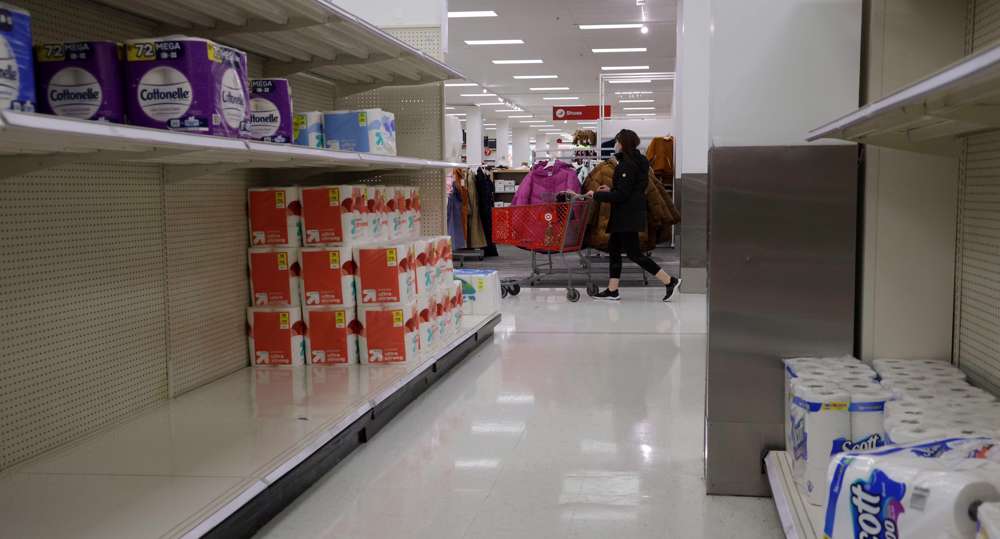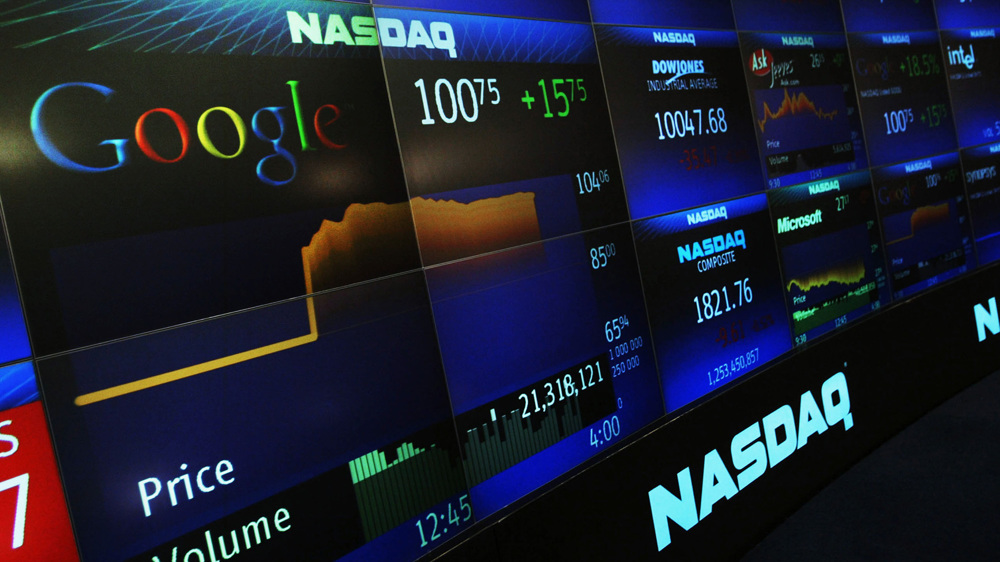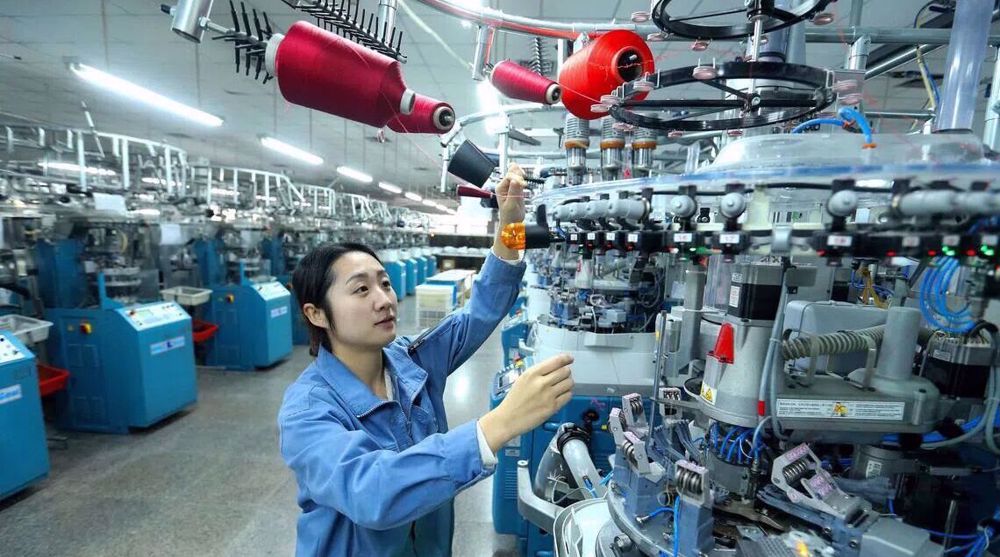US business activity slows in January amid Omicron wave: HS Markit survey
US business activity grew at its slowest pace in 18 months in January as a winter surge in COVID-19 infections worsened worker shortages at factories, though demand remained strong.
Data firm IHS Markit said on Monday its flash US Composite PMI Output Index, which tracks the manufacturing and services sectors, fell to a reading of 50.8 this month from 57.0 in December. That was the lowest level since July 2020. A reading above 50 indicates growth in the private sector.
The flash composite orders index slipped to a still-high reading of 55.0 from 56.6 in December.
“Output has been affected by Omicron much more than demand, with robust growth of new business inflows hinting that growth will pick up again once restrictions are relaxed,” said Chris Williamson, chief business economist at IHS Markit.
The United States is reporting an average of 738,047 new coronavirus infections a day, according to a Reuters analysis of official data. Infections are mostly driven by the highly contagious Omicron variant.
Government data this week showed 8.8 million people [were] reporting not being at work because of coronavirus-related reasons between Dec. 29 and Jan. 10. There has also been an increase in businesses saying they suffered large impacts from the pandemic.
That has lifted first-time applications for unemployment benefits to a three-month high. But there are signs that the Omicron wave is cresting, which could see business activity picking up.
The slowdown in activity this month was across the board.
The IHS Markit survey's flash services sector PMI dropped to a reading of 50.9, also the lowest since July 2020, from 57.6 in December. Economists polled by Reuters had forecast a reading of 55.0 this month for the services sector, which accounts for more than two-thirds of US economic activity.
Services industry businesses reported that labor shortages, employee absences and Omicron held back growth. Still, demand for services remained strong and companies managed to hire more workers, reducing the backlog of unfinished work.
Price growth for inputs at services businesses slowed somewhat, though the pace remained very strong. This supports views that inflation has or is close to peaking.
Worsening supply chain problems because of Omicron restrained manufacturing activity this month. The survey's flash manufacturing PMI fell to a 15-month low of 55.0 from 57.7 in December. Economists had forecast the index for the sector, which accounts for 11.9% of the economy, dipping to 56.7.
The survey's measure of manufacturing employment contracted for the first time in 18 months, with IHS Markit noting “a high turnover of staff and reports of the non-replacement of voluntary leavers.”
Orders for factory goods increased at their slowest rate since July 2020. Manufacturers also reported that the cost of inputs had eased a bit though prices still remained very high.
(Source: Reuters)
VIDEO | Another Gaza medic dies in Israeli custody
VIDEO | Hezbollah says prepared to defend Lebanon, does not seek war
VIDEO | Celebrations held across China to welcome New Year
VIDEO | Mexico’s historic battle reenactment draws over 200,000 visitors
'ICE-style enforcement': nearly 70 groups slam EU migration policy
Araghchi holds key meetings in Geneva ahead of indirect Talks with US
Iran to hold 40th day commemoration for martyrs of terrorist riots
VIDEO | Pushing for peace











 This makes it easy to access the Press TV website
This makes it easy to access the Press TV website